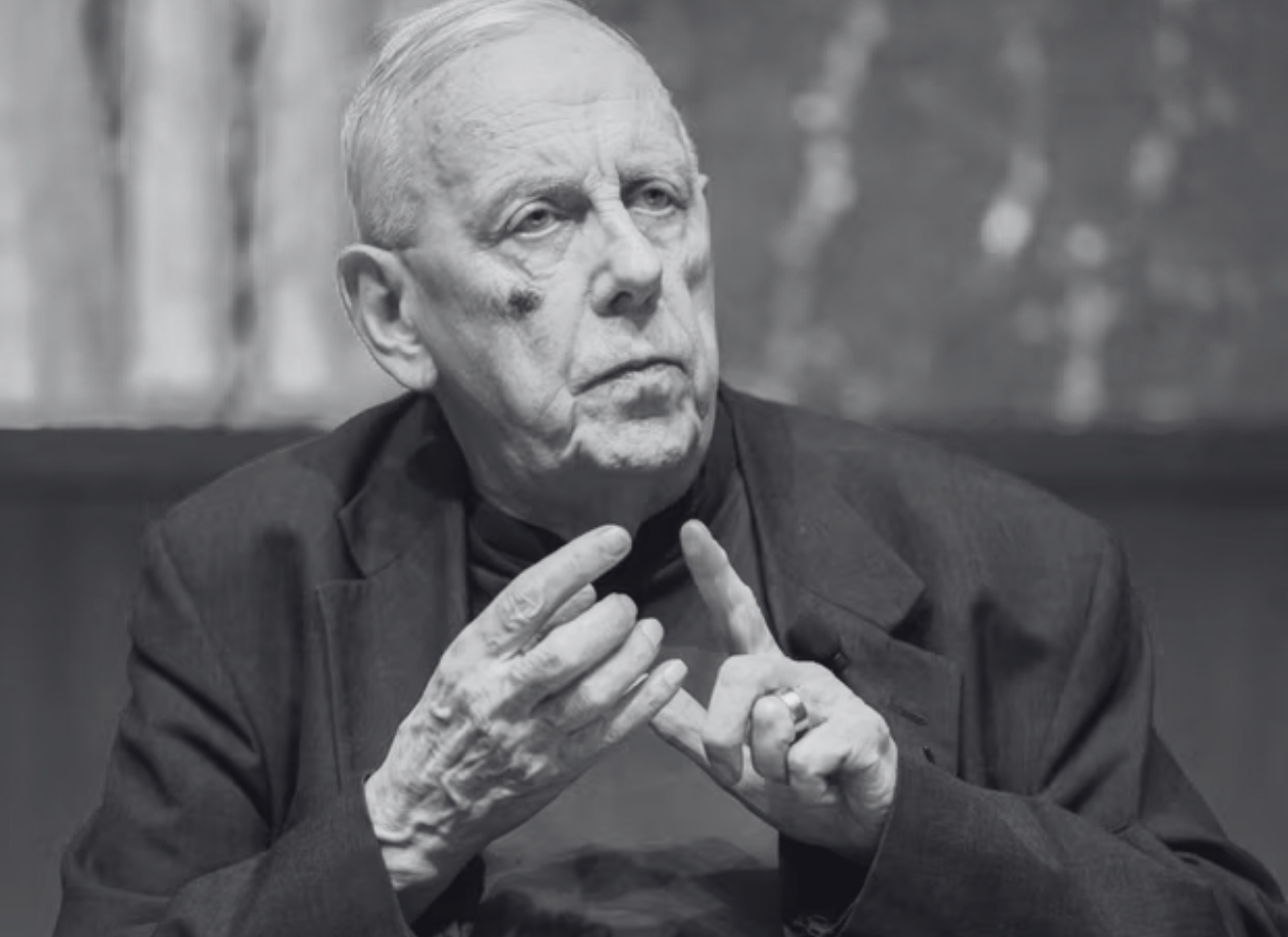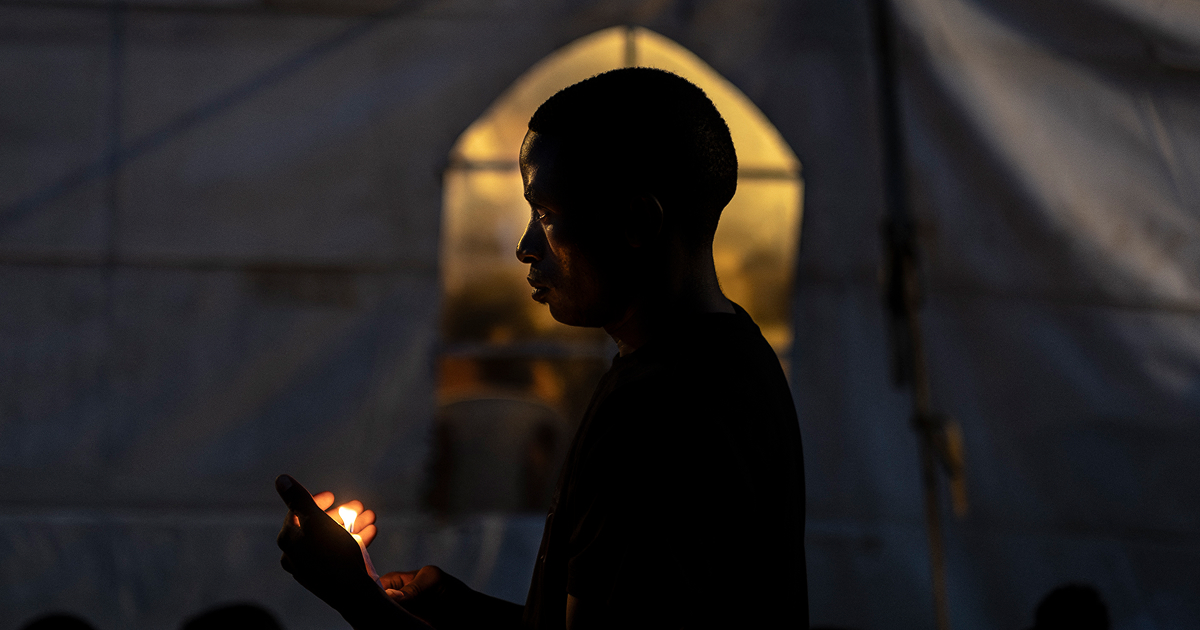The Scottish Catholic moral philosopher Alasdair MacIntyre died on 21 May, at the age of 96, in South Bend, Indiana. I believe MacIntyre was the most important moral philosopher of his lifetime. He wrote books that will be read for decades, if not centuries. And he had a profound and persistent impact on the development of Catholic philosophy and theology. It is no exaggeration to say that MacIntyre changed the course of moral and political philosophy in the 20th and 21st centuries—and all for the good. Even Catholics who have never heard of MacIntyre have been affected by his work through his influence on the education of generations of priests and moral theologians.
MacIntyre wrote around 30 books, beginning with Marxism: An Interpretation (1953, aged 24), and ending with Ethics in Conflicts of Modernity (2016). These were published during his itinerant professorial career, which took him from Leeds, Essex and Oxford to several major US universities, including Notre Dame, the institution with which he is most closely associated.
It is impossible to summarise the monumental contribution he made to philosophy and theology. But beginning with his conversion to Catholicism in the early 1980s, several key themes emerged in his work, represented by his three most famous books: After Virtue: A Study in Moral Theory (1981), Whose Justice? Which Rationality? (1988), and Three Rival Versions of Moral Enquiry: Encyclopaedia, Genealogy, and Tradition (1990).
MacIntyre begins After Virtue with a thought experiment. Imagine that a series of worldwide natural calamities has occurred, prompting a broad, hysterical uprising against science and scientists. Books are burned, laboratories are closed, files destroyed, and scientists exiled. After a time, a new enlightened generation arises and attempts to recover science. But their efforts are doomed from the start because, along with the particularities of scientific fields, any transcendent notion of what science is—and how it functions—has also been lost.
This results in scientific treatises that contain inherently contradictory theories from disparate and incompatible traditions. Because there is no identifiable unifying end toward which science is directed, the result is a cacophony of incommensurate assertions that can never be reconciled.
This imaginary world of science, MacIntyre suggests, is the real world of modern moral philosophy—and, by extension, theology. Appeals to universal reason are no less futile, he argues, because reason itself is embedded in particular moral traditions, each of which rivals all others. The crisis, he claims, is the inevitable result of the 16th-century rejection of teleology: the idea that all humans, as humans, are ordered toward an ultimate common end.
MacIntyre’s recognition of this crisis led him to the philosophy of Aristotle and Aquinas, which in turn led him to convert to the Catholic Church from the wilderness of atheism. The solution to the crisis of modern moral philosophy is not the revival of a misguided notion of universal rationality. All such quests are futile because rationality is always embedded in moral traditions, from which specific, concrete moral conclusions are derived.
If we understand “rationality” as the process of giving “reasons” for the moral positions we hold, MacIntyre’s point becomes clearer. The reasons that one embraces monogamous marriage or openness to life, for instance, are shaped by rational traditions sustained by a common narrative—through which terms are defined and from which obligations are derived.
This is not to say that such moral goods are merely subjective choices. On the contrary, they are expressions of the ultimate good of human flourishing. But the rationale for choosing these goods cannot be separated from the moral traditions that inform them. We cannot account for such moral goods apart from the virtues required to acquire and defend them. And those virtues cannot be understood or sustained outside the narrative that gives them meaning.
The revival of this understanding of the moral life in Catholic philosophy and theology can be traced almost solely to MacIntyre. He will be celebrated for many contributions to the intellectual tradition. But none will be more persistent than his development of the centrality of virtue, sustained by particular narrative traditions.
May his legacy have perennial relevance. And may he rest in the peace of the Ultimate Good to which we are all ordered.
(Photo credit: University of Birmingham)

















